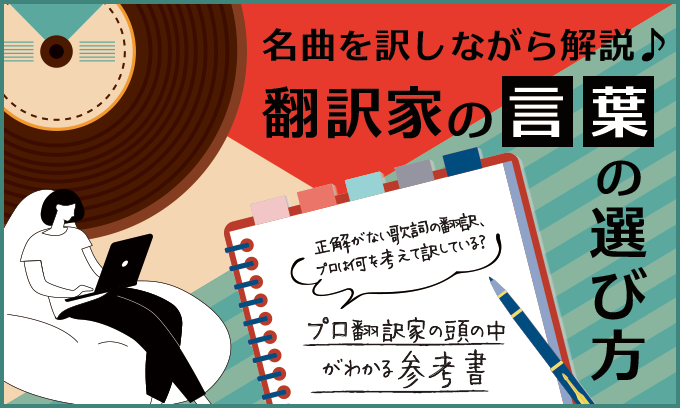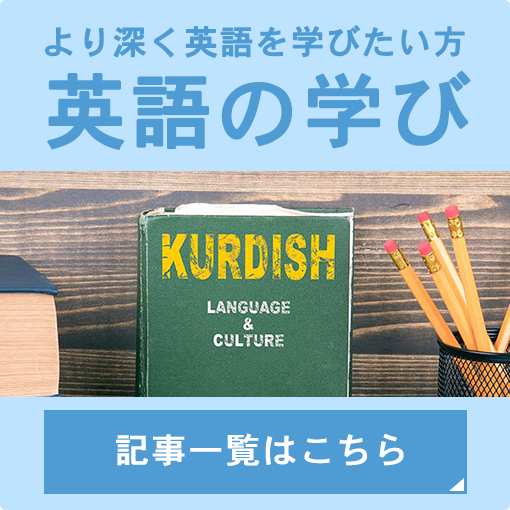Hello everyone! Meagan here.
Let’s start with a quiz. How would you translate the following two expressions?
よろしくお願いします。
お疲れ様です。
その国の文化特有のフレーズを翻訳するときに気をつけたいこと
When translating, one thing that I’m always conscious of is translating culturally-specific phrases. I think it goes without saying that each language is filled with cultural expressions that can’t be translated literally, but most people tend to force themselves to translate these word-for-word.
Language was originally created as a means of communication. Each people, each group, each tribe created their own language to convey important points about living, survival, food and water. As languages evolved over time, vocabularies and expressions grew to ensure the proper communication of new ideas and new concepts.
For Japanese people, for example, a highly nuanced and complex language was born to represent the hierarchy of the society and different forms of politeness and honorifics to express respect and deference to elders.
European languages like English, on the other hand, were formed based on a more level society where individuals are regarded as equals; thus there was less need for multi-faceted levels of politeness or honorifics. The language used was simpler (compared to Japanese, anyway), more standard among people of different levels and positions.
Of course, this description of Japanese and English is just a generalization; regardless of this, it’s undeniable that overall the culture and histories of different countries have heavily influenced the language used by each group. As such, Japanese has many culturally-specific expressions and Japan-centric ideas, whereas English is less so.
When translating from Japanese into English, it’s important to be aware of this distinction.
直訳することにとらわれないで
When writing assignments on Fruitful English, many of my Japanese students tend to add literal translations of phrases like よろしくお願いします or お疲れ様です to fit the Japanese text in their mind.
However, using a phrase like “let’s cooperate together” or “let’s work well together”, “you’ve worked hard” or “thank you for your hard work” without a specific context is incredibly unnatural in English.
Translating a phrase doesn’t mean looking up the words in a dictionary and rewriting it out, exactly as it is in the other language.
Translating a phrase means taking into consideration all the cultural nuances and intricacies of the expression, and judging whether it would be interpreted and understood in the same way.
A lot the time it wouldn’t, particularly when working from Japanese into English. As a translator, it’s your job to think about the cultural context of the expressions and understand the intended meaning. Then you ultimately decide whether to translate word-for-word, use a more general expression that would be more common in the other language, or just omit it entirely.
Let’s go back to my quiz at the beginning. I haven’t provided the “correct” answer here, but that was deliberate.
There’s no answer that can be easily summarised into one or two sentences in my blog, because the translation of a specific phrase is so heavily dependent on context. However, from the overall theme of my article today, I think it’s clear that a literal translation wouldn’t be the best approach in most cases.
Anyway, that’s all for now! See you next time!
邦楽・洋楽のヒットソングで英語を学ぼう!
名曲を訳しながら解説♪翻訳家の言葉の選び方
プロの翻訳家が実際に訳す過程をイチからお見せします!
文芸翻訳の中でも特に深い読解力と言葉選びのセンスが要求される楽曲翻訳について、一行ずつ丁寧に解説した飜訳集。
日本語・英語の曲、合わせて12曲が収録されています。一緒に翻訳をしていくことで、プロならではの技術が習得できます!

日本語能力試験N1(最難関レベル)に合格し、さらにNAATI(オーストラリアの通訳・翻訳国家資格)にも合格。英語ネイティブで日本語の通訳資格に合格する方はかなり少なく、そんな日本と英語の両方に精通し、英語の微妙なニュアンスを日本語で分かりやすく説明できる希少なスキルを持つ先生です。
※このブログでは英語学習に役立つ情報アドバイスを提供していますが、本ブログで提供された情報及びアドバイスによって起きた問題に関しては一切、当方やライターに責任や義務は発生しません。
※ここでの情報や助言を参考に英文を書いたり下した判断は、すべて読者の責任において行ってください。ここに掲載されている記事内の主張等は、個人の見解であり当社の意見を代弁・代表するものではありません。









 (8 イイネ!が押されています)
(8 イイネ!が押されています)



























コメントする